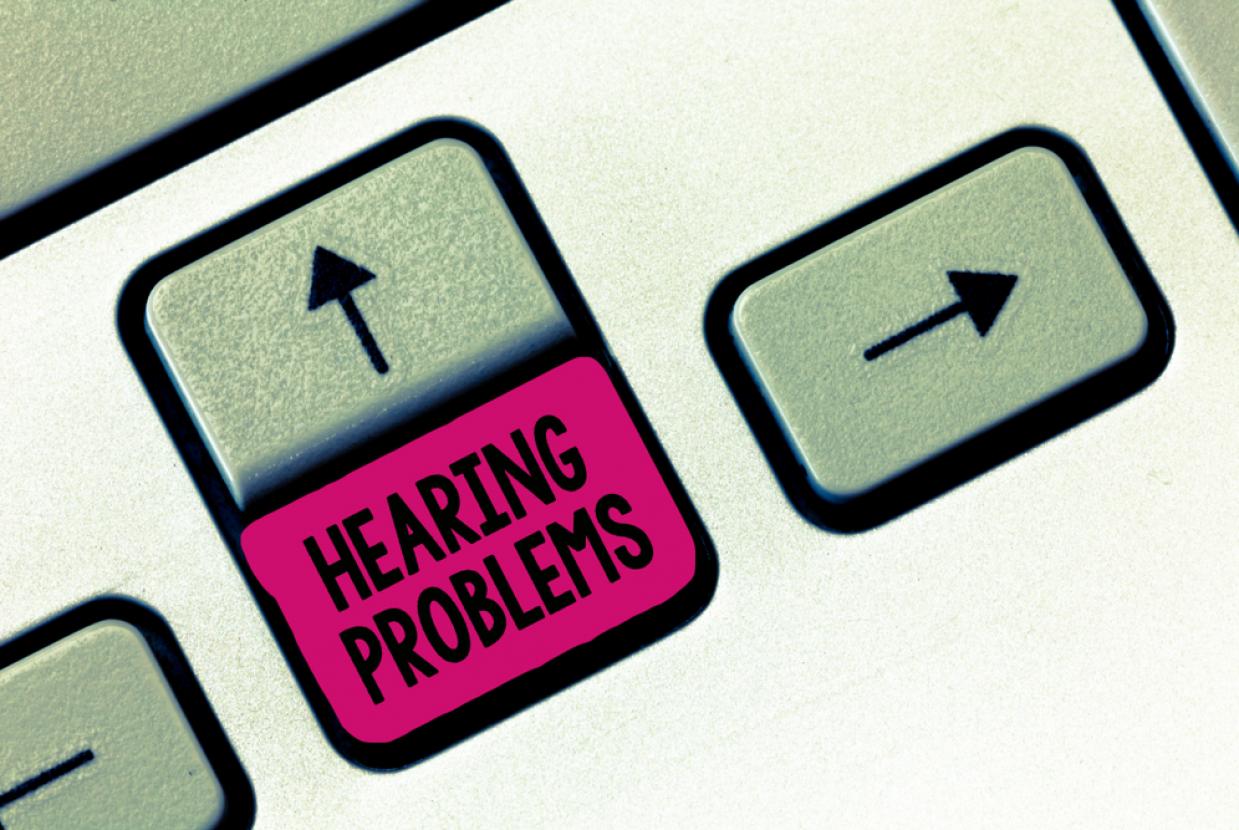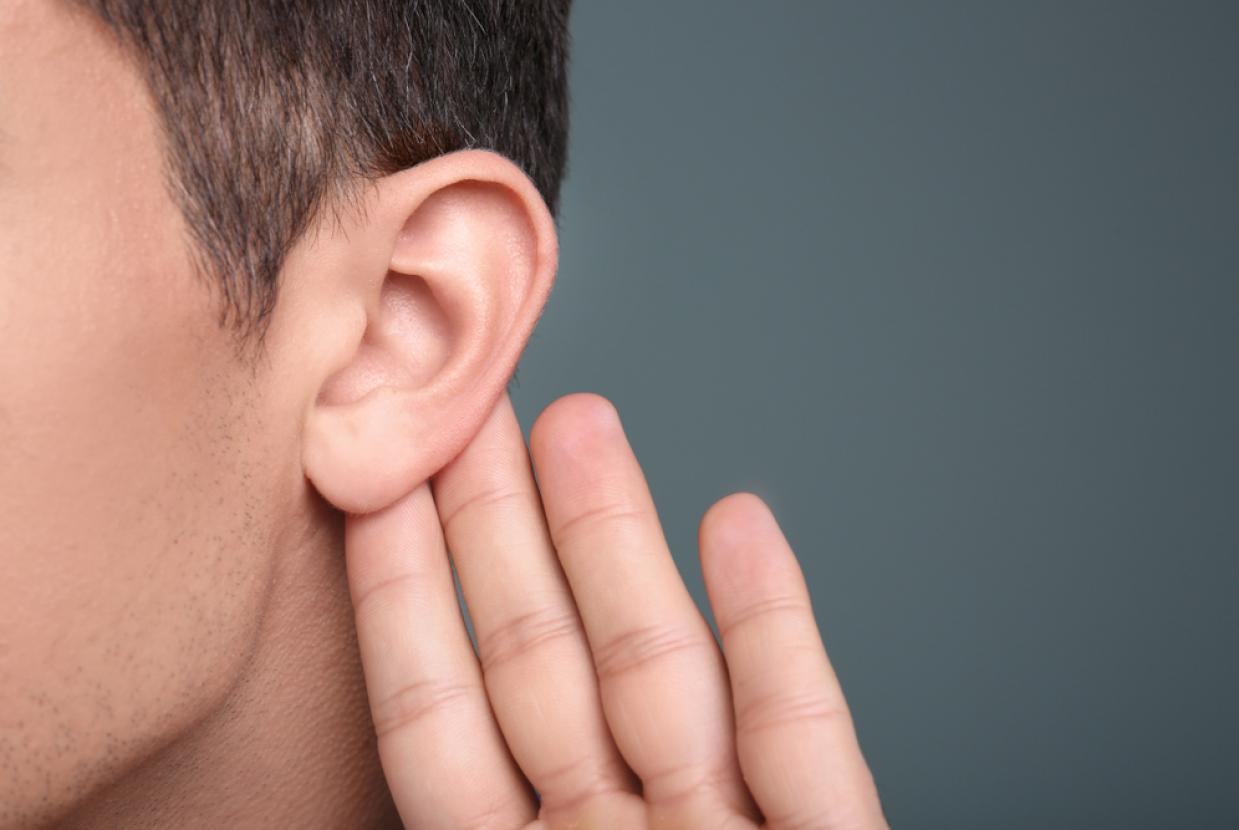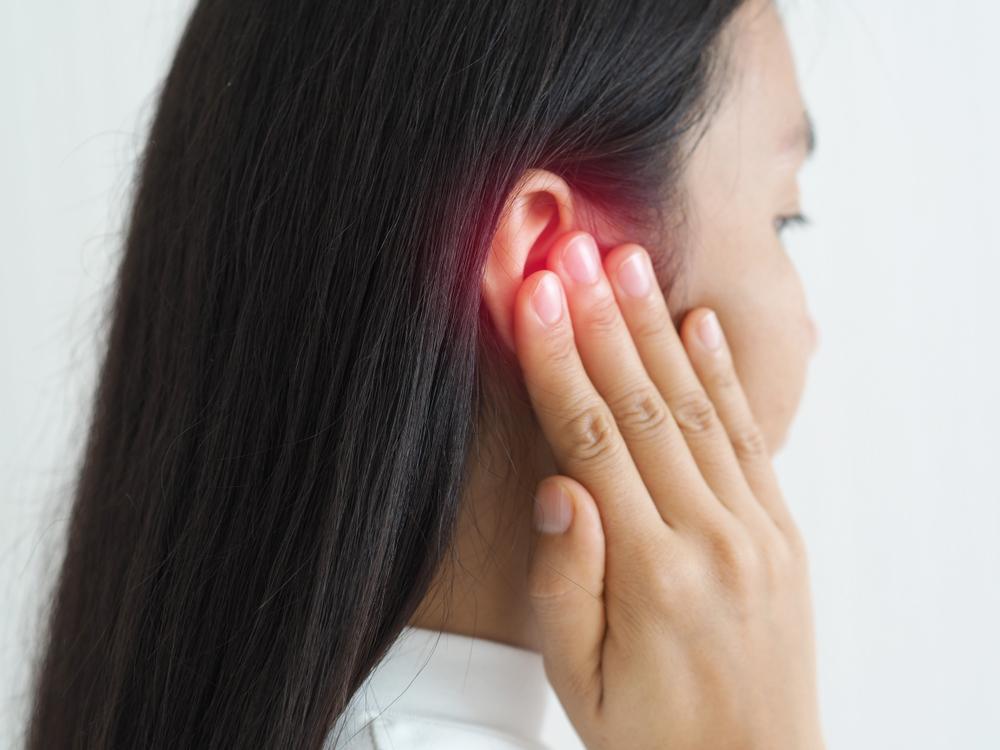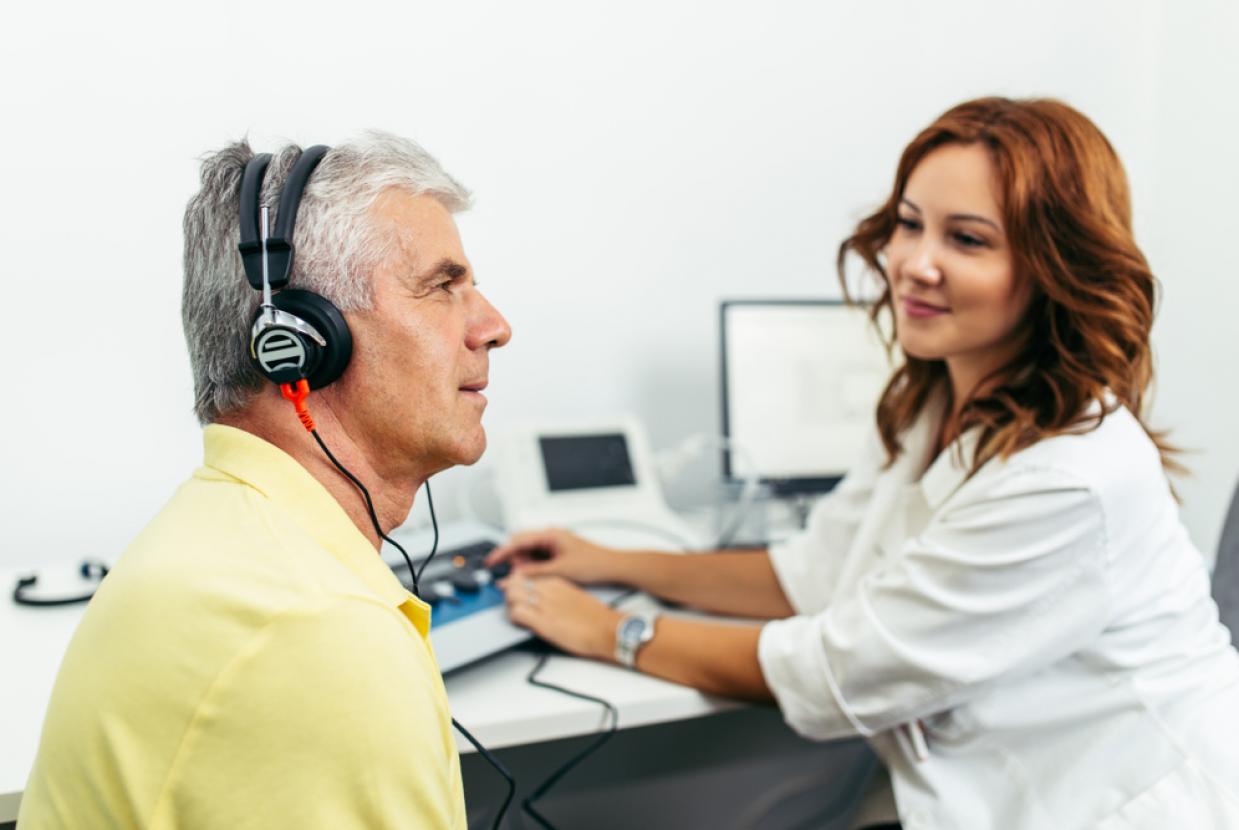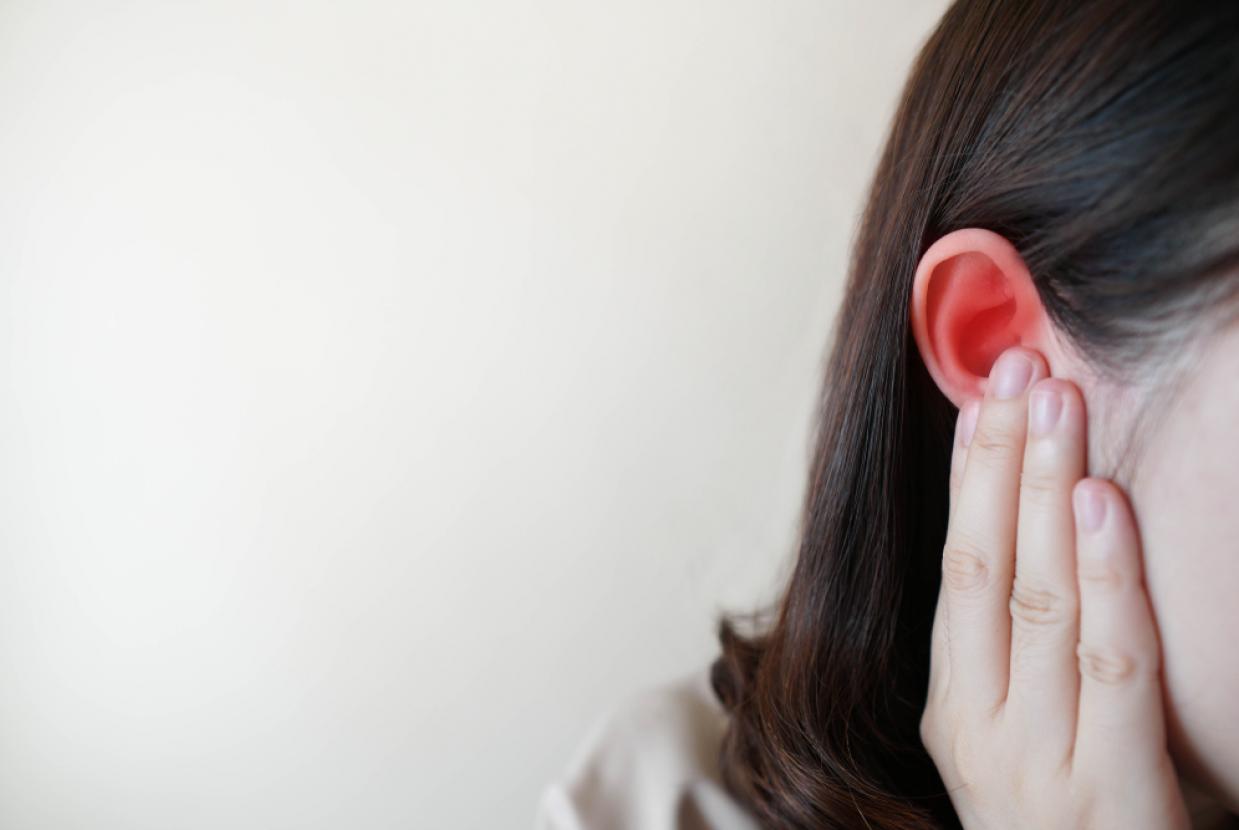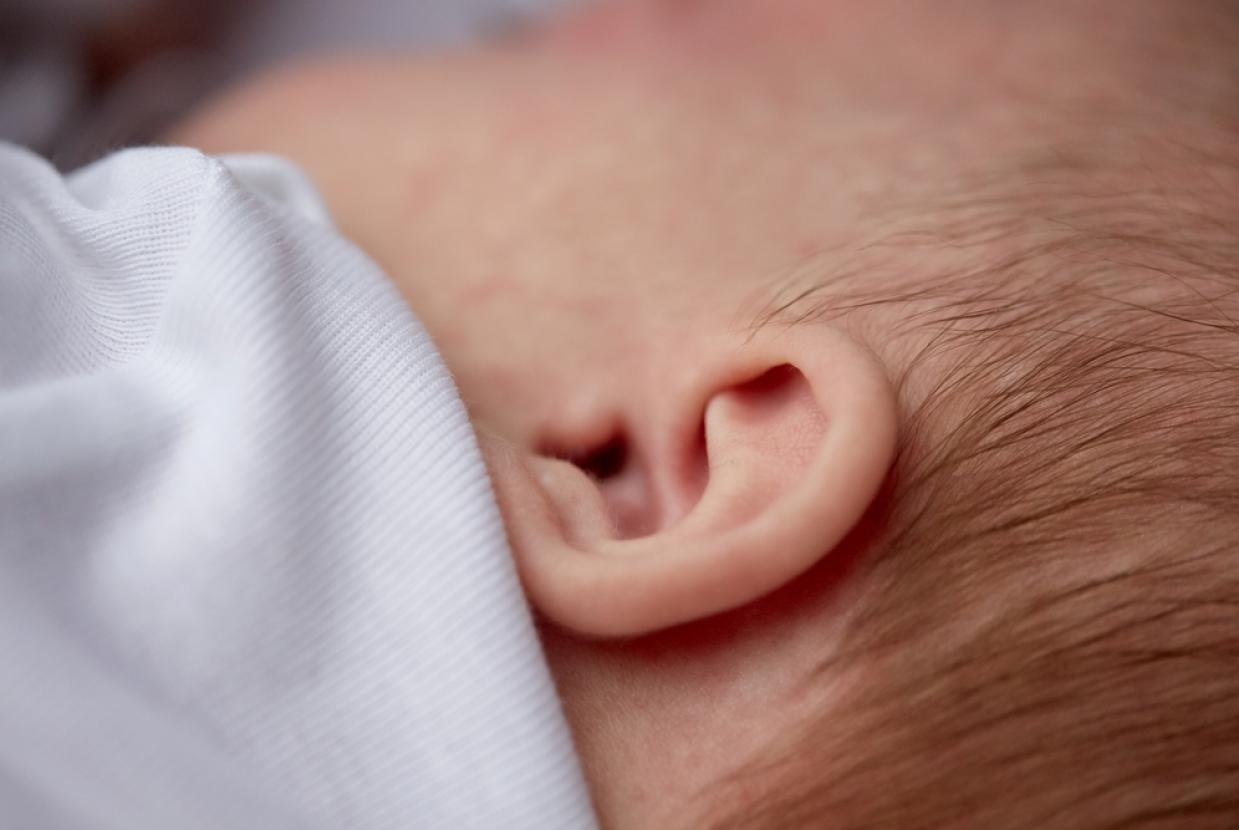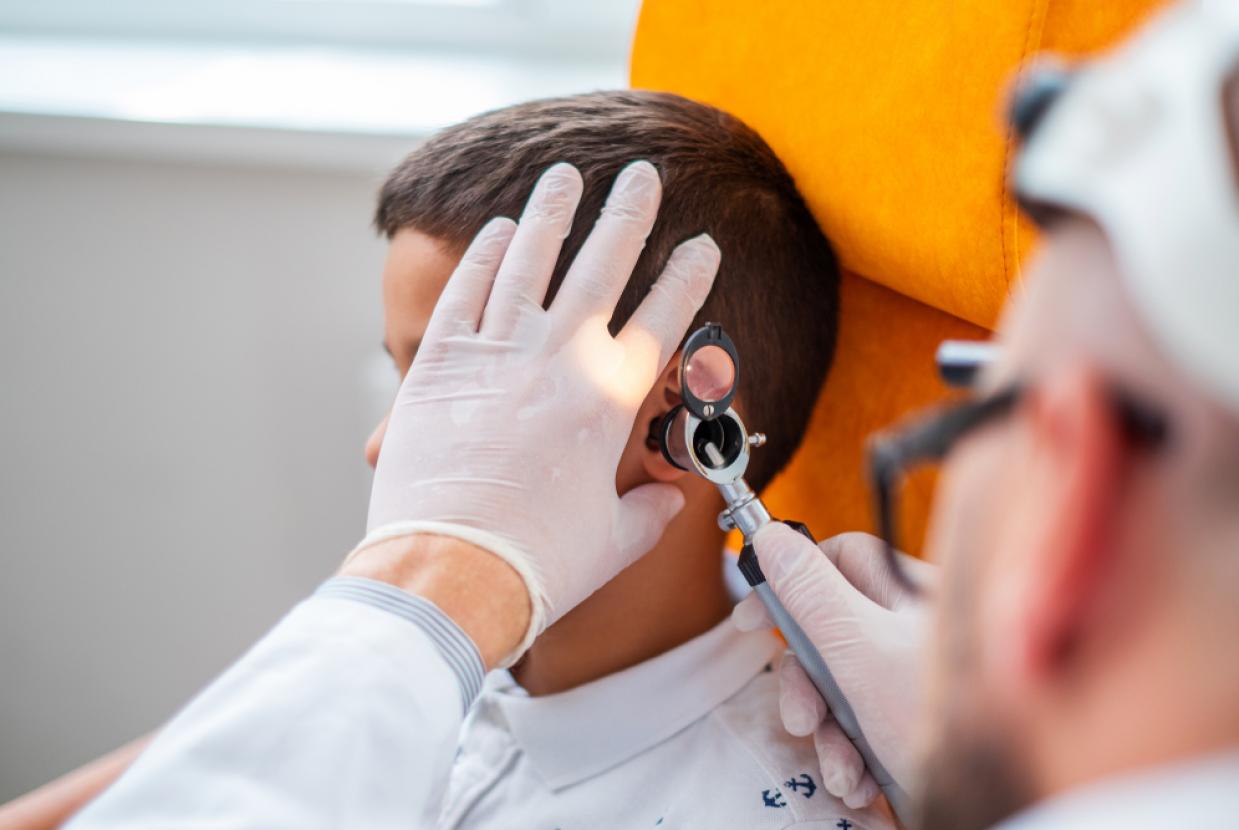Treatments
Your GP or specialist may refer you for one or more therapies to help you manage your tinnitus.
Everyone experiences tinnitus differently, and there are lots of treatments options to suit different people. Your specialist will recommend a treatment plan based on how you’re affected by tinnitus, and whether you have hearing loss or other ear conditions.
There are also different things you can do to manage your tinnitus yourself.
It can take some time, but fortunately, many people find something that works for them.
Treatments your specialist may recommend
All tinnitus tests and treatment are based on recommendations by the National Institute of Health and Care Excellence (NICE).
Tinnitus counselling
A specialist will explain to you what tinnitus is, how it can be caused and what might help. This can help to relieve any concerns or worries you might have, and help you to find ways of coping with it.
Cognitive behavioural therapy
If tinnitus is making you feel stressed or anxious, your tinnitus specialist may refer you for cognitive behavioural therapy (CBT).
A therapist will encourage and support you to challenge your ways of thinking and feeling about tinnitus and find the best way for you to manage it. Research has shown that this can have a positive effect on tinnitus management.
If you can’t get a referral for CBT from your tinnitus specialist, but think you could benefit from it, speak to your GP. Private CBT is also available, but you’ll need to pay for that.
Sound therapy
Sound therapy uses sounds to distract you from paying attention to your tinnitus. Over time, this can help your brain to filter out tinnitus, to the point it no longer bothers you. This process is called habituation.
Your specialist may recommend:
- Tinnitus maskers. These look a bit like hearing aids and can be worn in, or behind, your ear. They play a soft ‘shushing’ sound.
- Sound generators. These are portable devices that produce a range of quiet, background sounds, such as ocean waves and falling raindrops.
If you have hearing loss as well as tinnitus, your specialist may recommend hearing aids or combination devices.
- Hearing aids can help you to hear better. Hearing the sounds around you better can help to distract you from your tinnitus.
- A combination device has all the advantages of a hearing aid but it also generates sounds to help distract from the tinnitus.
Tinnitus retraining therapy
Tinnitus retraining therapy is a combination of tinnitus counselling and sound therapy.
Some NHS departments may offer a modified version of tinnitus retraining therapy to people who have severe or persistent tinnitus.
There isn’t clear evidence to show that tinnitus retraining therapy works for everyone. NICE has recommended research to find the best way to deliver tinnitus retraining therapy.




